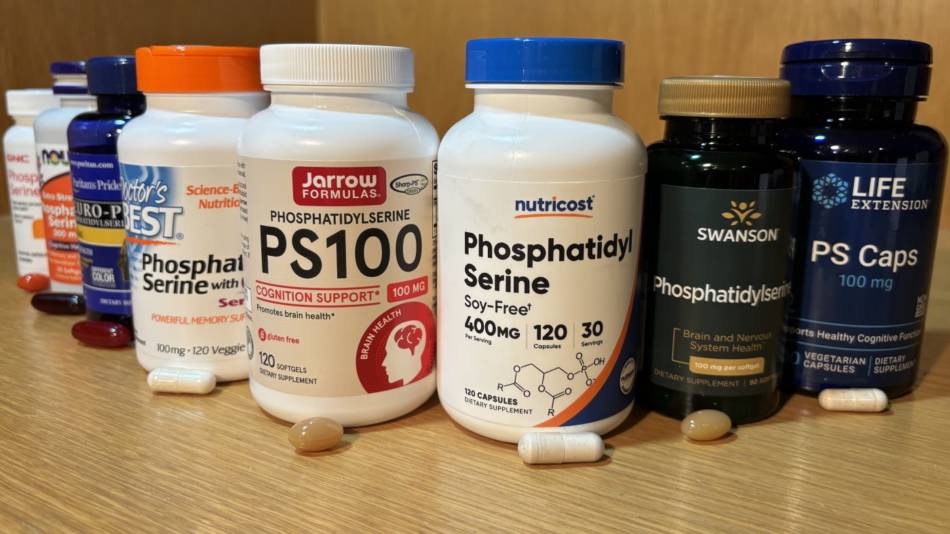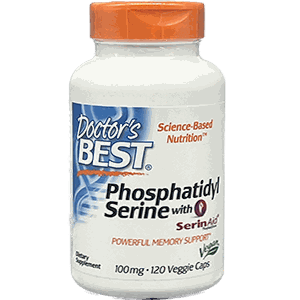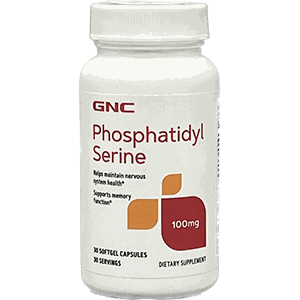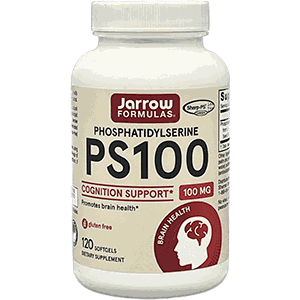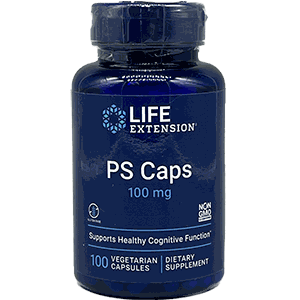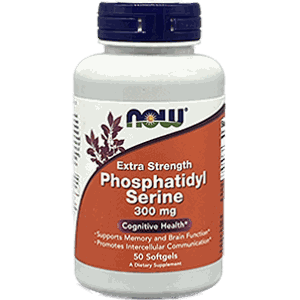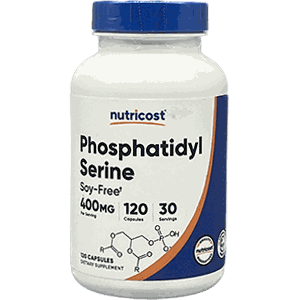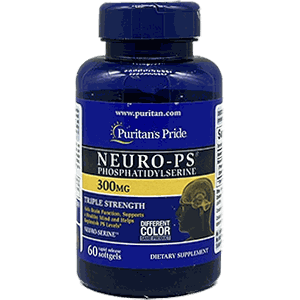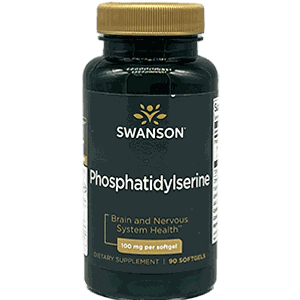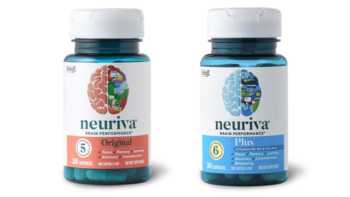Summary
-
What is phosphatidylserine?
Phosphatidylserine (or phosphatidyl serine or just PS) is a component of cell membranes that plays a role in cell signaling in the brain. It is not an essential nutrient, as it is naturally produced in the body, and it can be obtained from animal organs and from lecithin from soybeans, sunflower seeds, and other plant sources. Early clinical studies were mainly conducted with phosphatidylserine from cow brain, but due to concerns about disease transmission, phosphatidylserine in supplements is now mainly derived from plant sources (see What It Does and Getting It from Food). -
Do phophatidylserine supplements work?
Although the FDA permits supplement labels to claim that phosphatidylserine may reduce the risk of dementia and cognitive dysfunction in the elderly, it also requires that such labels state there is little scientific evidence supporting this claim. Phosphatidylserine has also been studied in athletes but there is no strong evidence that it improves athletic performance (see What It Does). Which phosphatidylserine supplement is best?
ConsumerLab purchased and tested popular phosphatidylserine supplements and found that one contained only 10% of its listed amount (see What CL Found). (Update 1/11/24: Two lots of this product and a related product were subsequently recalled by the distributor after learning of our findings and confirming the problem in its own tests.) Other products passed testing, and none were contaminated with heavy metals (lead, arsenic, cadmium, and mercury) (see the Results Table). ConsumerLab selected two products as Top Picks for phosphatidylserine at a, respectively, moderate dose and higher dose based on demonstrated quality, source of ingredient, and cost.-
How much phosphatidylserine should I take?
The dose of phosphatidylserine taken in clinical trials has generally ranged from 200 mg to 800 mg daily, often divided into three doses taken with meals (see What to Consider When Using) -
Safety and side effects of phosphatidylserine:
Short-term studies with phosphatidylserine at the dosages noted above have generally reported it to be safe. It should be used with caution, however, by those on blood thinners or taking supplements with a blood thinning effect (see Concerns and Cautions)

